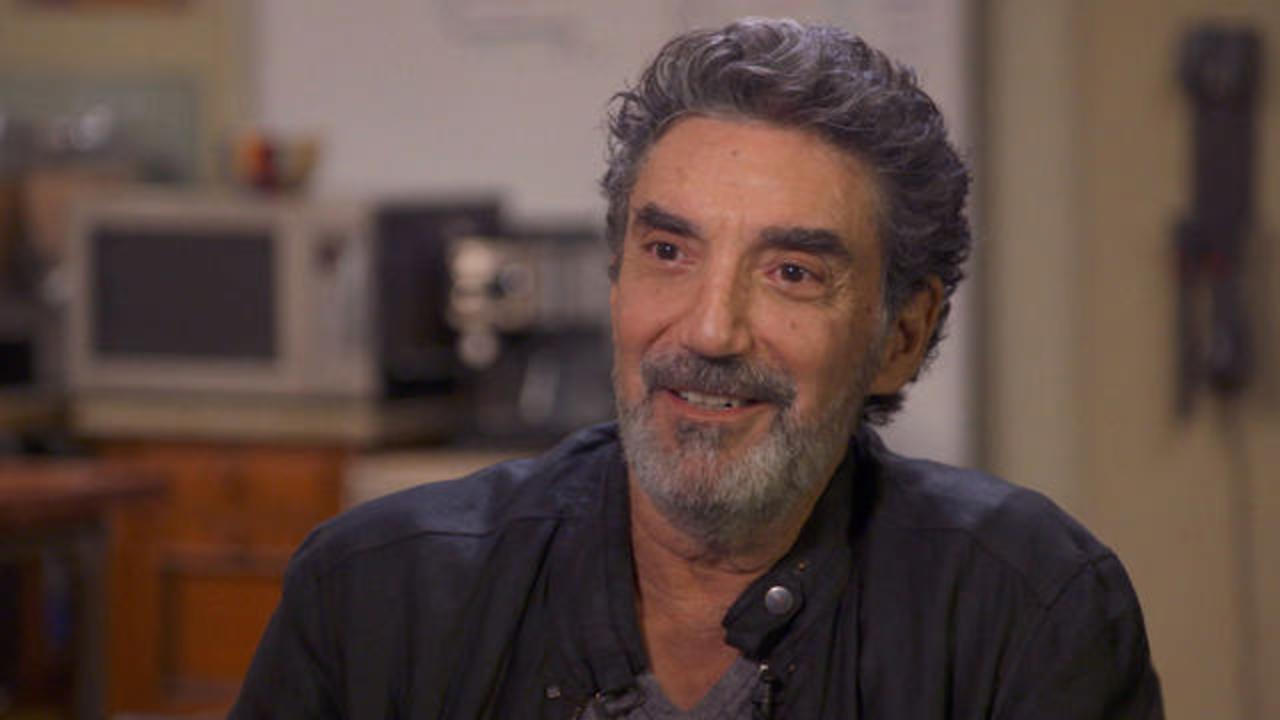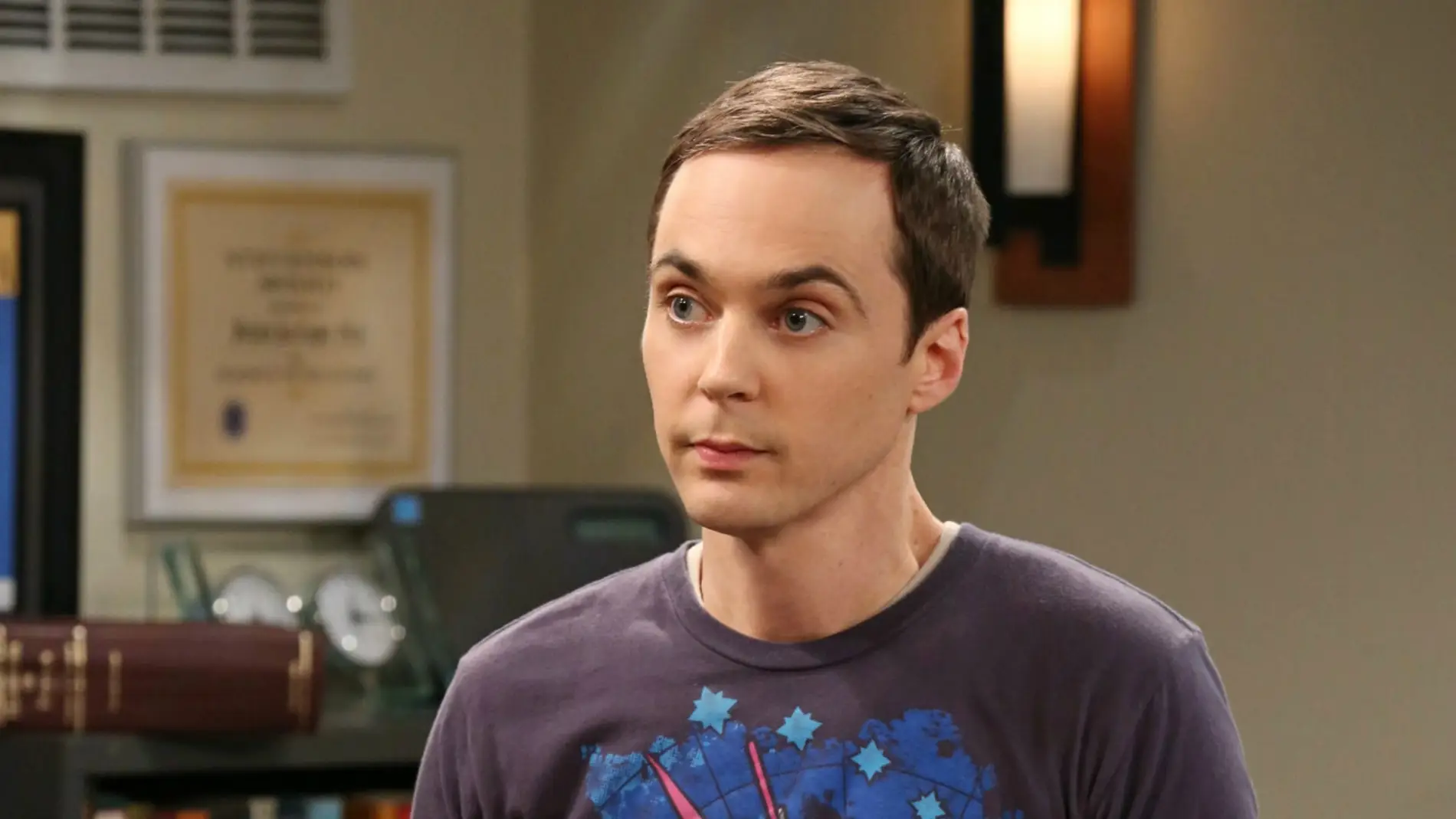In the world of sitcoms, few characters have sparked as much discussion as Sheldon Cooper from The Big Bang Theory. Known for his genius intellect and socially awkward behavior, Sheldon has become an emblem of nerd culture. However, the question of whether Sheldon is on the autism spectrum has loomed large over the show’s legacy. In a recent revelation from Chuck Lorre, the creator of the beloved series, he shared insights into why he chose not to label Sheldon as autistic, emphasizing the importance of authenticity and the creative freedom it afforded Jim Parsons, the actor who portrayed the character.
Lorre made it clear that labeling Sheldon would have imposed a burden of authenticity that he wasn’t prepared to handle.

“We did not want to put a label on Sheldon, because with that comes a responsibility of authenticity… which should be respected,”
he remarked in Jessica Radloff’s book, The Big Bang Theory: The Definitive Inside Story of the Epic Hit Series. By avoiding a strict diagnosis, Lorre allowed Parsons to bring a unique interpretation to Sheldon without the constraints of real-life accuracy weighing heavily on his performance.
Parsons himself echoed this sentiment, appreciating the creative latitude the writers provided.
“I really took it as the writers wanting to celebrate and utilize certain aspects of someone on the spectrum, but were not interested in carrying the responsibility they would feel. I mean, just getting the science right was enough of a responsibility,”
he noted. This approach fostered a character that resonated with audiences while navigating the complexities of mental health discussions, sparking conversations that still resonate today.
A Generous Return: Lorre’s $1 Million Surprise
While Chuck Lorre’s reflections on The Big Bang Theory have captivated fans, his recent philanthropic gesture has turned heads in another way. During a visit to his alma mater, SUNY Potsdam, Lorre surprised students and faculty alike with a generous $1 million donation. In a heartfelt moment during a public conversation with President Suzanne Smith, he reminisced about his time at the school, humorously recalling,
“I always felt a little awkward about it, honestly. I didn’t graduate; I was a dropout. That was kind of embarrassing. But nobody calls me doctor; I came back to say thank you because the two years I was here, 1970 to 1972…this was a safe environment to be a foolish young man.”
His words struck a chord with students, inspiring them to seize their opportunities and make the most of their college experiences. The donation was met with a standing ovation, underscoring the impact Lorre has had both in Hollywood and in the lives of young aspiring creatives.

Navigating Identity and Responsibility
The discourse surrounding Sheldon Cooper extends beyond mere comedic quirks. It reflects broader societal conversations about representation and identity. As Parsons mused,
“Now, that being said, who’s to say I’m not on the spectrum in some way?”
His introspection highlights the nuanced layers of identity that many viewers relate to, suggesting that perhaps the lines between genius and eccentricity are often blurred.
This ongoing dialogue around mental health and representation is critical in today’s entertainment landscape. By choosing not to label Sheldon, Lorre and Parsons opened the door to a broader interpretation of the character, allowing viewers to see themselves reflected in his complexities without the constraints of a specific diagnosis.
Chuck Lorre’s decision to keep Sheldon Cooper’s identity ambiguous was a deliberate act of artistic integrity, allowing for both freedom in performance and a rich discussion about authenticity in representation. Simultaneously, his unexpected generosity towards SUNY Potsdam serves as a testament to the importance of giving back, reminding us all of the journeys that shape who we are.

As audiences continue to enjoy the humor of The Big Bang Theory, it’s evident that the legacy of Sheldon Cooper transcends the realm of comedy, prompting meaningful conversations about identity, authenticity, and the responsibilities that come with representation. Whether through laughter or philanthropy, Lorre’s influence remains a guiding force in the entertainment industry, encouraging both creativity and compassion.
